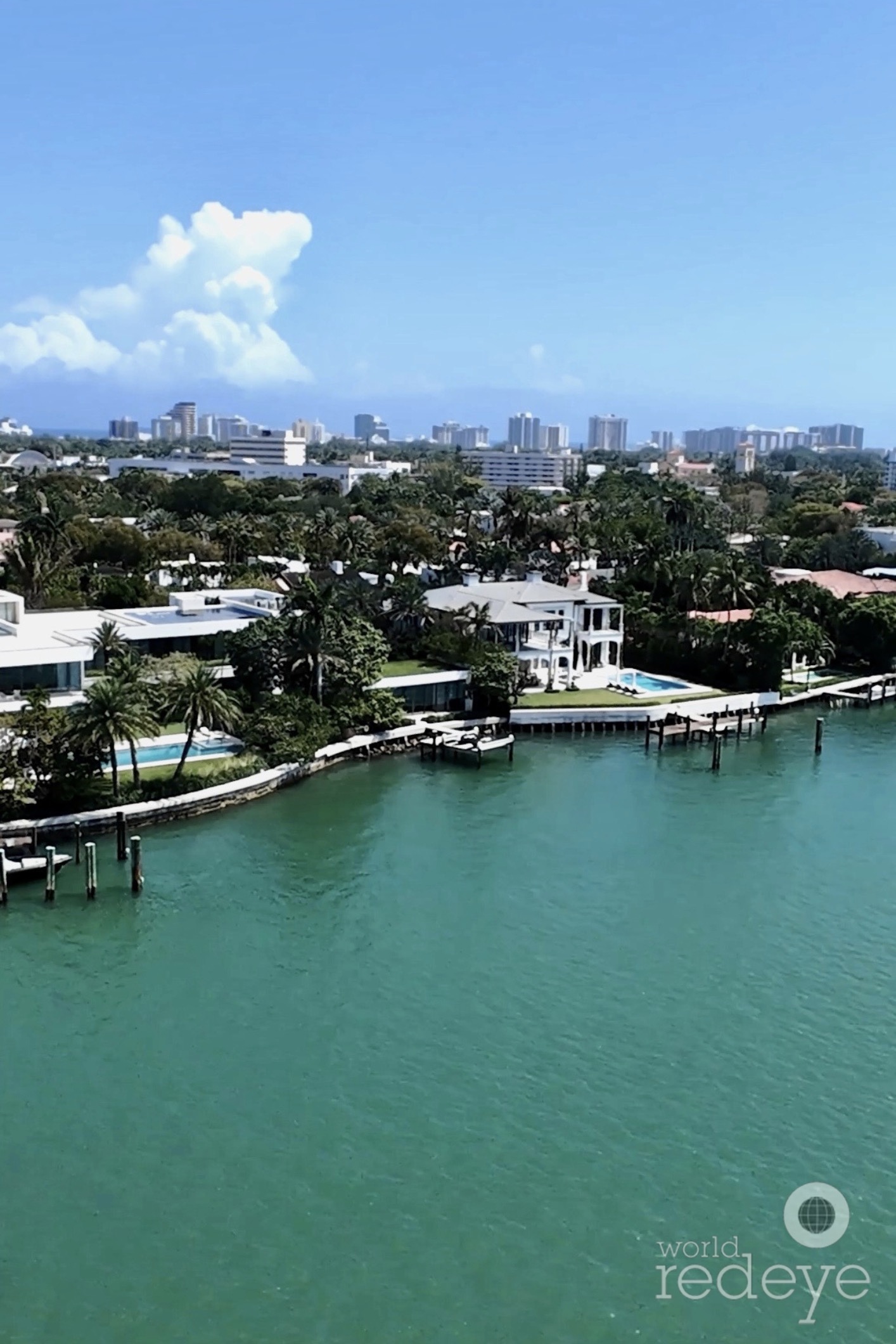0-458-210-458-220-458-624820-458-110-458-469350-458-181747
- Celebrity
- Nightlife
- Editorials
- See all Editorials
 Q&A: The Art of the Swing: Jacob Felländer Reimagines Golf
Q&A: The Art of the Swing: Jacob Felländer Reimagines Golf Q&A: A Look at The Garden at Bouchon with Chef Thomas Keller
Q&A: A Look at The Garden at Bouchon with Chef Thomas Keller Q&A: From Tel Aviv to Miami with AVIV at 1 Hotel South Beach
Q&A: From Tel Aviv to Miami with AVIV at 1 Hotel South Beach Q&A: Steak, Luxury, and “I Don’t Give a F*@k”: Maple & Ash Arrives in Miami
Q&A: Steak, Luxury, and “I Don’t Give a F*@k”: Maple & Ash Arrives in Miami Q&A: El Car Wash: Turning Suds into Success
Q&A: El Car Wash: Turning Suds into Success
- News
- See all News
 WRE News: Proper Hospitality Unveils First Miami Residential Project Set to Debut in 2028
WRE News: Proper Hospitality Unveils First Miami Residential Project Set to Debut in 2028 WRE News: The $1.7 Billion Road: Inside Miami’s Most Exclusive Neighborhood
WRE News: The $1.7 Billion Road: Inside Miami’s Most Exclusive Neighborhood WRE News: Billionaire Ken Griffin Lists One Thousand Museum Penthouse for $23M
WRE News: Billionaire Ken Griffin Lists One Thousand Museum Penthouse for $23M WRE News: Florida Bill Could End Hidden Restaurant Service Fees & Automatic Gratuities
WRE News: Florida Bill Could End Hidden Restaurant Service Fees & Automatic Gratuities WRE News: $3B Little River Redevelopment Plan Nears Approval
WRE News: $3B Little River Redevelopment Plan Nears Approval
- Food
- See all Food
 EATZ by Chris Valdes with Loews Miami Beach Hotel
EATZ by Chris Valdes with Loews Miami Beach Hotel WRE Films: The Pasta Maestro Has Arrived at Mother Wolf Miami
WRE Films: The Pasta Maestro Has Arrived at Mother Wolf Miami WRE Films: All the Sushi Your Heart Desires at Mayami Wynwood
WRE Films: All the Sushi Your Heart Desires at Mayami Wynwood WRE Films: Miso Marinated Grilled Bavette Steak at Elastika Miami
WRE Films: Miso Marinated Grilled Bavette Steak at Elastika Miami WRE Films: It’s Time for a Refuel at Yann Couvreur Café
WRE Films: It’s Time for a Refuel at Yann Couvreur Café
- Real Estate
- See all Real Estate
 WRE News: Proper Hospitality Unveils First Miami Residential Project Set to Debut in 2028
WRE News: Proper Hospitality Unveils First Miami Residential Project Set to Debut in 2028 WRE News: The $1.7 Billion Road: Inside Miami’s Most Exclusive Neighborhood
WRE News: The $1.7 Billion Road: Inside Miami’s Most Exclusive Neighborhood Groundbreaking of Continuum Club & Residences
Groundbreaking of Continuum Club & Residences WRE News: Billionaire Ken Griffin Lists One Thousand Museum Penthouse for $23M
WRE News: Billionaire Ken Griffin Lists One Thousand Museum Penthouse for $23M WRE News: $3B Little River Redevelopment Plan Nears Approval
WRE News: $3B Little River Redevelopment Plan Nears Approval
0-458-47703221523-458-1439798221523-458-1439729221523-458-1438417221523-458-1439731221523-458-1438420


























